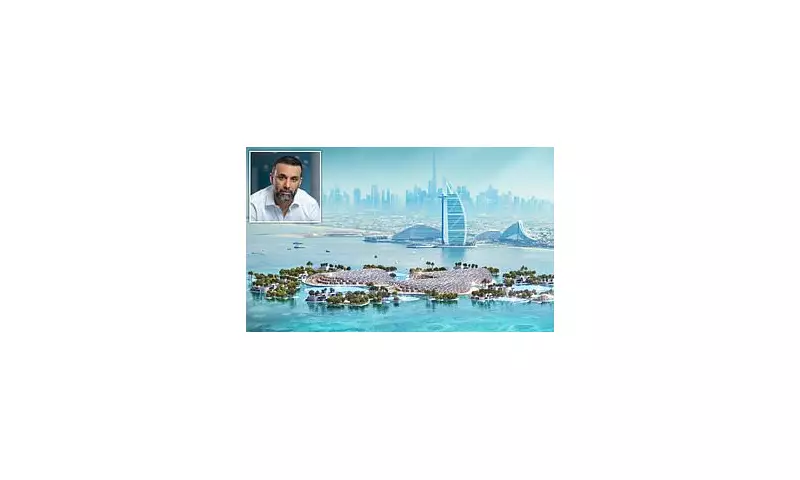
An acclaimed British architect has launched explosive allegations against the Dubai government, claiming they systematically stole his groundbreaking eco-city design valued at an estimated £1.5 billion. Baharash Bagherian, founder of architecture firm Baharash Architecture, asserts that his visionary 'Oasis' concept was appropriated without permission or compensation.
The Stolen Vision
Bagherian's design, originally created for a 2020 competition, featured revolutionary sustainable elements including:
- Advanced water recycling systems capable of reusing 100% of wastewater
- Solar-powered infrastructure meeting 90% of energy needs
- Vertical farming towers for local food production
- Native species planting to support biodiversity
- Smart technology integration throughout the development
The architect claims he presented his comprehensive 200-page proposal to Dubai's Supreme Committee of Urban Planning in 2021, only to discover remarkably similar elements appearing in the government's subsequent 'Sustainable City' projects.
Pattern of Appropriation
According to Bagherian, this isn't an isolated incident. He describes a concerning pattern where his innovative sustainability concepts have repeatedly appeared in Dubai's developments without attribution or payment. "They took the heart of our design - the core principles that made it revolutionary," Bagherian stated in an exclusive interview.
The British architect's legal team has compiled extensive documentation showing striking similarities between his original proposals and the executed government projects, including identical sustainable technology implementations and urban planning approaches.
International Implications
This case raises significant questions about intellectual property protection for international architects working with foreign governments. Legal experts suggest this could become a landmark case in architectural copyright law, potentially affecting how designers protect their work across international borders.
The Dubai government has yet to issue an official response to the allegations, though sources close to the matter indicate they deny any wrongdoing and maintain the similarities are coincidental.
What's Next?
Bagherian and his legal representatives are considering multiple avenues for recourse, including:
- International arbitration proceedings
- Formal complaints through architectural governing bodies
- Potential legal action in both UK and international courts
- Seeking support from the British government regarding protection of intellectual property abroad
The outcome of this dispute could set important precedents for how creative professionals safeguard their work when collaborating with international clients and government entities.





